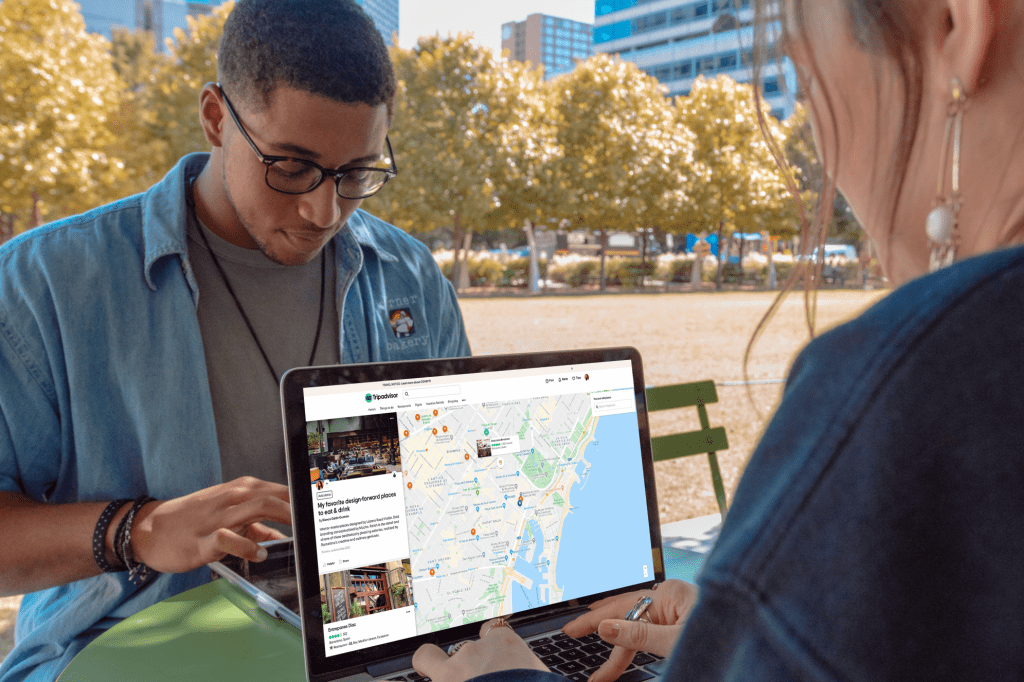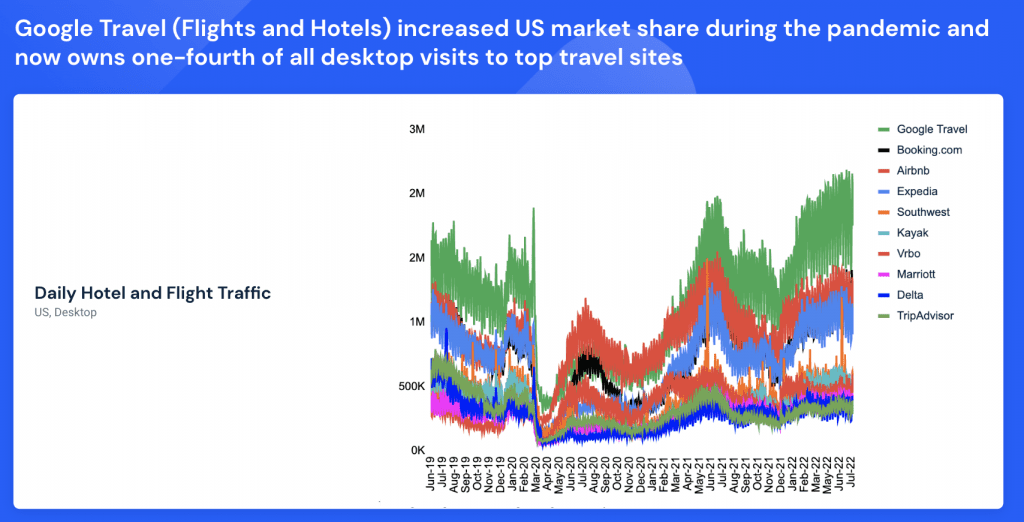Former Kayak Europe leader and now travel investor Jan Valentin has joined Seatfrog‘s board of directors, as the rail startup looks to move on from the pandemic by tapping into the trend for more sustainable travel.
The app, which lets train travelers upgrade their ticket at a reduced rate on the original cost by bidding, was named a Skift Top Travel Startup to Watch in 2019. Then the pandemic hit, and it lost 97 percent of its revenue.
Now the company wants to put coronavirus behind it with the appointment of Valentin, who used to be Kayak’s managing director and senior vice president in Europe. Valentin also runs ennea capital partners, which in 2020 merged with Howzat Partners to create a new $100 million fund to invest in travel startups and other digital businesses.
Howzat also invested in Seatfrog’s $1.2 million seed round, but Skift understands no extra investment accompanied Valentin’s appointment to the board.
Valentin is also a backer of Comtravo, the German corporate travel agency that was recently bought by TripActions.
Seatfrog said in a statement Valentin joins at a perfect time to support the company’s mission to reimagine the rail experience in a category that has been “trundling along without meaningful innovation for decades.”
“Governments are spending $400 billion plus in Europe to drive modal shift to more sustainable train travel, but it remains a massively under-digitized category, and the customer experience is a mess,” he said.
Seatfrog said it had recorded 1,400 percent growth so far this year, and is expanding internationally.
“We’ve delighted millions of passengers, and driven large revenue uplifts for rail companies well beyond the capabilities of the category’s legacy systems,” added Iain Griffin, CEO and co-founder of Seatfrog.


